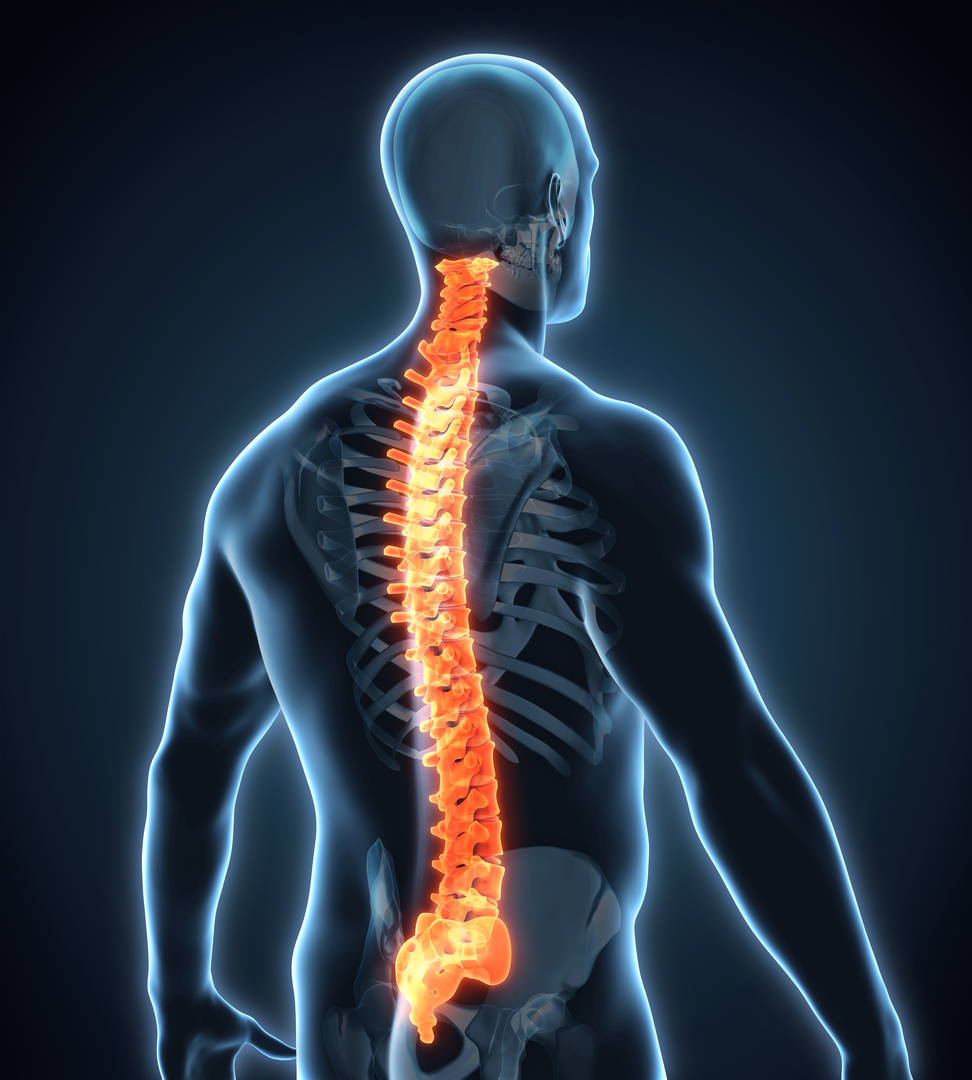Spine Conditions
Myelopathy
Myelopathy is a neurological disorder that affects the spinal cord, which is a crucial part of the central nervous system (CNS). The spinal cord carries messages from the brain to the rest of the body and vice versa. Myelopathies occur due to the damage or injury to the spinal cord, which can cause a wide range of symptoms, including weakness, loss of sensation, and even paralysis. The condition can be caused by a variety of factors, such as infections, trauma, inflammation, or degeneration.

Symptoms
The symptoms of myelopathies can vary depending on the location and severity of the spinal cord injury. Some common symptoms include:
- Weakness: The patient may experience muscle weakness, particularly in the arms and legs.
- Loss of sensation: There may be a decrease or loss of sensation in the limbs or the torso.
- Coordination problems: The patient may experience difficulty with balance and coordination.
- Spasticity: The patient may experience stiffness and tightness in the muscles.
- Bladder and bowel problems: Myelopathies can cause urinary and fecal incontinence, retention, or constipation.
- Pain: Patients may experience pain or discomfort in the affected area.
Causes
Myelopathies can be caused by a variety of factors, including:
- Infections: Infections such as meningitis, polio, and viral encephalitis can damage the spinal cord.
- Trauma: Trauma to the spinal cord can occur due to car accidents, falls, or sports injuries.
- Inflammation: Conditions such as multiple sclerosis and transverse myelitis can cause inflammation of the spinal cord.
- Degeneration: Degenerative disorders such as spinal stenosis and herniated discs can compress the spinal cord and cause myelopathies.
- Tumors: Tumors that grow in or around the spinal cord can cause myelopathies.

